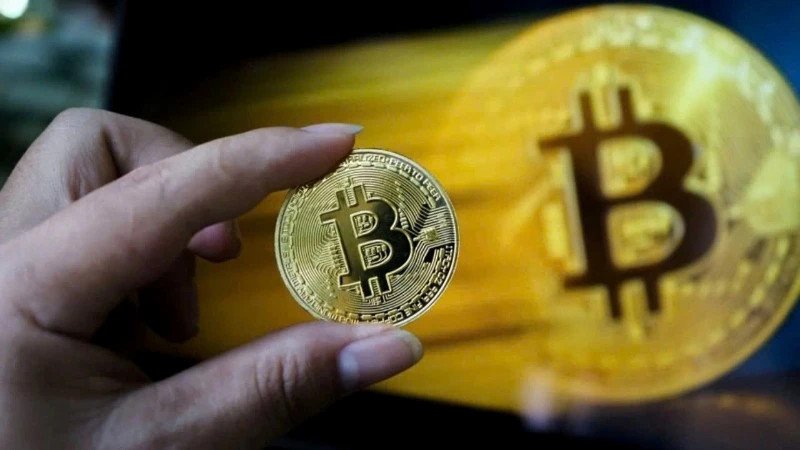On June 14, 2025, during its 9th session, the 15th National Assembly officially passed the Digital Technology Industry Law.
For the first time, concepts such as digital assets and tokenized assets have been legally defined. This law is considered a crucial legal framework paving the way for the development of Vietnam’s digital finance market.
Set to take effect on January 1, 2026, the new law marks a major step forward in regulating and clarifying the concept of “digital assets.”
Earlier, on June 12, 2025, the Prime Minister issued Decision No. 1131/QD-TTg on the list of strategic technologies and products.
Among the 11 key technology groups driving innovation and national digital transformation, blockchain technology was officially recognized with three core components: digital assets, digital currency, and cryptocurrencies.
Riding the wave
According to a 2024 report by CEOWORLD magazine, Vietnam ranked 5th globally in cryptocurrency ownership, with approximately 20.95 million people (21.19% of the population) holding crypto assets.
Data from leading blockchain analytics firm Chainalysis shows that the annual flow of tokenized assets into Vietnam has exceeded $100 billion from 2022 to 2024 – more than double the volume of traditional foreign direct investment.
Vietnam’s economy is growing at an annual rate of 6-7%. With a population of over 100 million and smartphone penetration surpassing 84%, the country has enormous potential for digital financial services.
Phan Duc Trung, Chairman of the Vietnam Blockchain Association (VBA), stated that legalizing digital currencies and tokenized assets is a critical step toward fulfilling Vietnam’s strategic commitments.
Vo Duc Anh, Deputy Director of the Da Nang Center for Startup Innovation Support, noted that Vietnam’s digital asset ecosystem was further reinforced by the national blockchain development strategy through 2025, with a vision to 2030, issued in October 2024. Combined with the new digital technology law, this strategy creates a legal environment for managing digital assets.
In a November 15, 2024 announcement (No. 47-TB/TW), the Politburo underscored the importance of building a regional and international financial center.
The government followed up with Resolution No. 259/NQ-CP on December 31, 2024, outlining the action plan for this objective.
The Ministry of Finance is now working with relevant ministries and localities to draft a resolution for the National Assembly. Da Nang has been identified as a prime candidate for hosting this financial center, given its strategic advantages, growth potential, and strong political will.
Le Hoang Phuc, Director of Da Nang’s Semiconductor and AI Center (DSAC), emphasized three key success factors: leadership commitment, strong government support, and advanced infrastructure combined with a skilled workforce. “We believe Da Nang can become a powerful new international financial hub,” he said.
Le Son Phong, Deputy Director of Da Nang’s Department of Science and Technology, added that the city is shaping its role as a creator of sustainable innovation ecosystems – including in blockchain and digital assets.
Strategically located along the East-West Economic Corridor, Da Nang is home to seven national IT zones and over 25,000 graduates annually. Roughly 38% of its high-tech workforce is ready to support industries like blockchain and fintech.
National Assembly Resolution 136, which allows Da Nang to trial special mechanisms under a “sandbox” model, is seen as a foundational step for the city to become Vietnam’s digital asset capital with international reach.
Balancing regulation and innovation
Da Nang is already building a sandbox model for small-scale testing before wider rollout. One such pilot involves using stablecoin payments for international tourists. Approved for controlled testing, the project allows tourists to make payments using USDT. “It has passed the first round of evaluation and is being reviewed by regulatory agencies before broader deployment,” said Vo Duc Anh.
From a business perspective, Lynn Hoang, Vietnam Country Director at Binance, believes Da Nang could become a regional financial center – if supported by open-minded, forward-thinking governance.
As a tourist hotspot attracting thousands of international visitors annually, the city could pilot digital asset payments for services and transactions.
However, Hoang emphasized that safety and security must be paramount. Exchanges must comply with global standards such as KYC (Know Your Customer) and AML (Anti-Money Laundering). Each platform should also maintain a compensation fund to protect users in the event of cyberattacks.
Building a safe, transparent, and sustainable digital asset ecosystem – while attracting foreign investment and aligning with international norms – will not only drive the growth of Vietnam’s digital financial market but also unlock the country’s full innovation potential. This will position Vietnam alongside leading nations in the global fintech arena.
Nhan Dan

